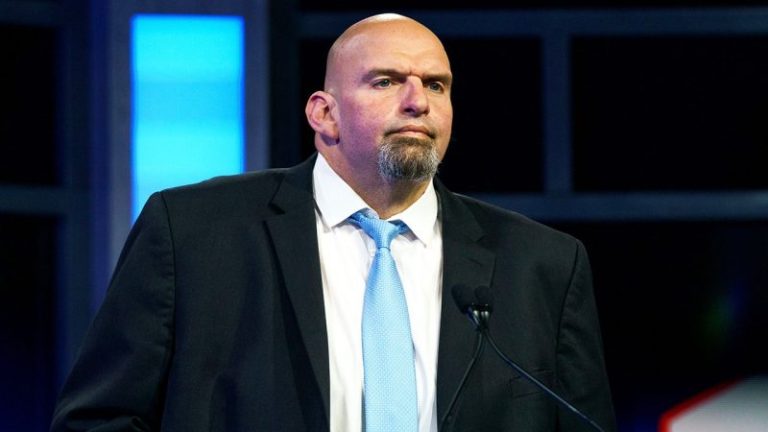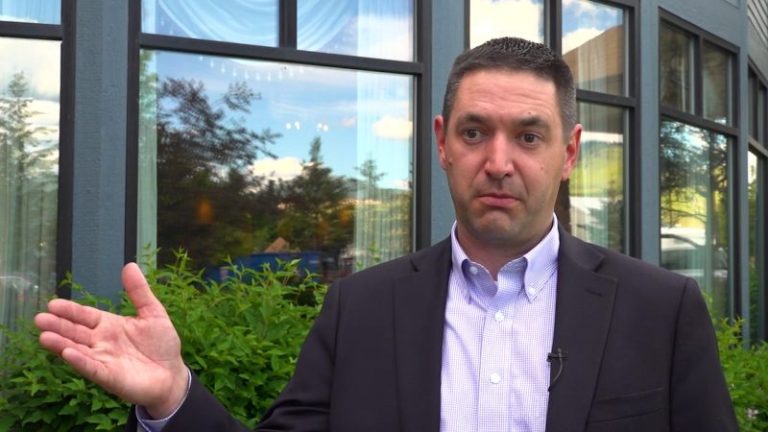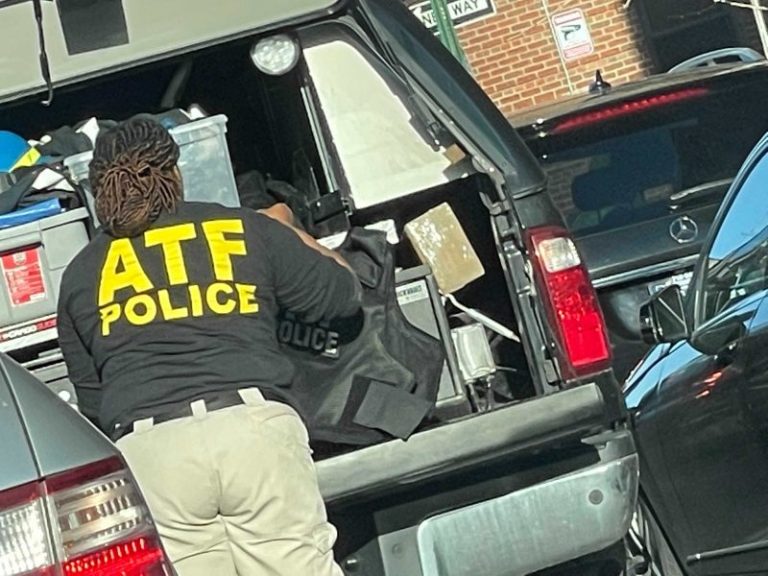The Golden State Warriors emerged from the NBA’s trade deadline pretty much as they were before it began, minus their most infamous lottery whiff in a generation while adding a role player who has helped their bench before and will do so once again.
But is it enough? It doesn’t feel like enough.
The West got better. The Warriors more or less stayed the same. It’s not exactly owner Joe Lacob and general manager Bob Myers waving a white flag on a season plagued by injury and ennui. But if the goal is to squeeze every possible win out of this dynasty before Steph Curry, Klay Thompson and Draymond Green expire as a championship-level core, you have to ask: Is this really enough?
Perhaps the thinking in Golden State was that this really just comes down to health. If this team is whole when the playoffs begin, you take your chance, no matter the seed or opponent. The Warriors have proven enough times who they are and what level they can get to, and they’ll do it again if given a proper opportunity.
If they’re not healthy — Curry is currently dealing with his second medium-term injury of the season — then it doesn’t matter who they could have added anyway.
BLOCKBUSTERS: Nets deal Kevin Durant to Suns; Kyrie Irving to Mavericks
That’s a reasonable way to look at this team, which is still just four games in the loss column out of the No. 3 seed.
And yet, the Warriors have not for a single sustained period of this season felt like a team that was going to win a title. The 7-21 road record is the worst of any playoff contender in the West. They’re 18th in defensive rating and 13th in offensive — not even close to the profile of a championship team. Every time it seems like they’re building momentum, they take a couple steps back in one area or another.
You could make an argument that the Warriors, in this state, needed some kind of shakeup if they were serious about getting through the resurgent Western Conference.
And it just didn’t happen.
There was talk Thursday of acquiring OG Anunoby, who ended up staying with Toronto and would have clearly demanded a price the Warriors weren’t willing to pay. Beyond that, it’s hard to say there was a power move for the Warriors to make. But a lot of good players changed teams over the last couple days, and all you can say about the Warriors is they improved a bit around the edges by adding Gary Payton II.
Last year, Payton was a key contributor until he suffered a fractured elbow in their second-round series against the Grizzlies. The Warriors couldn’t re-sign him because of their precarious salary cap situation, so he took a three-year, $26 million contract offer from Portland.
Now he’s back, essentially swapped for former No. 2 overall pick James Wiseman, who never really developed into a reliable contributor in the Golden State ecosystem. It says a lot about what a failure that pick was for the Warriors that they’ll likely be a marginally better team trading Wiseman for a 6-foot-2 guard averaging 3.7 points per game.
Maybe, in the end, there was nothing more the Warriors could realistically do. Their salary structure makes it difficult to add a high-priced player, and their biggest young trade chip — second-year forward Jonathan Kuminga — might solve a lot of their longer-term problems if he continues on his current trajectory.
With the West this wide open, it would be foolish to underestimate the Warriors because there’s always the chance they’ll get their act together by April. When they have all their players and show up with sufficient motivation, they have a lot of answers and more title-winning DNA than anyone by a long shot.
But in a year when it’s often felt like everything that could go wrong has gone wrong, it was reasonable to wonder if Golden State might take one more big swing. Instead, the Warriors have gone all-in on themselves and their culture getting things right before the Playoffs.
We’ll see soon enough if it was the right bet.
Follow USA TODAY columnist Dan Wolken on Twitter @DanWolken










